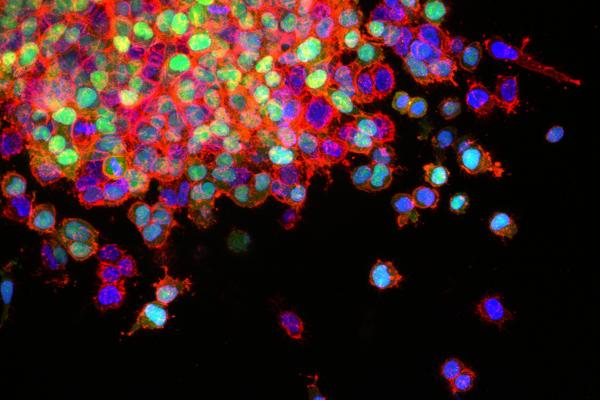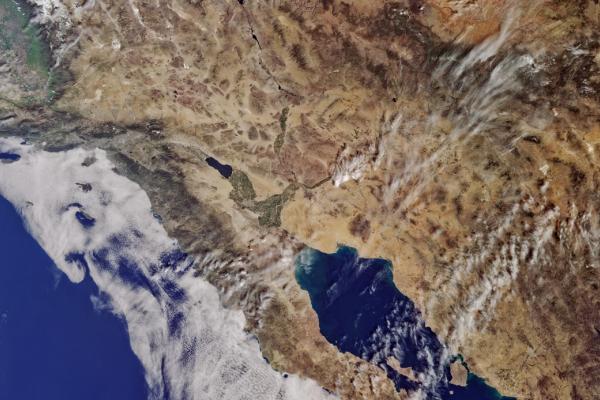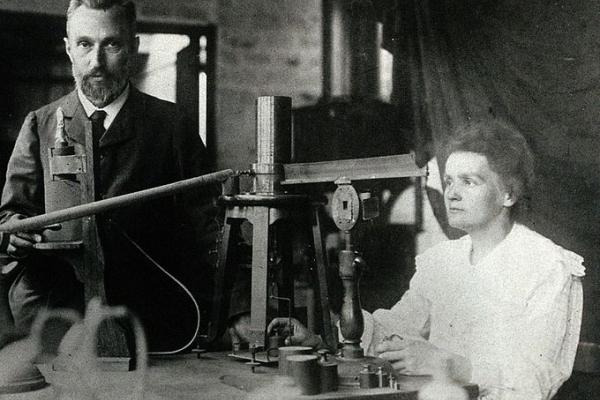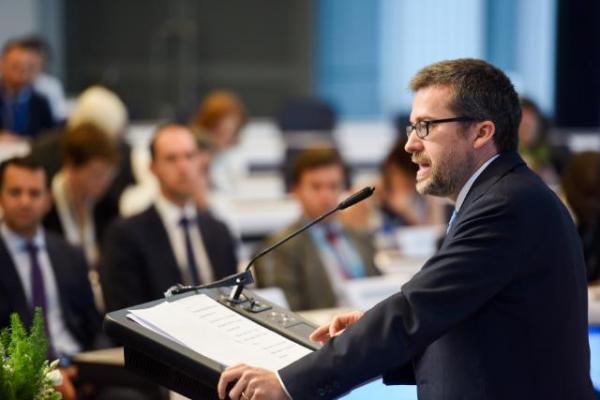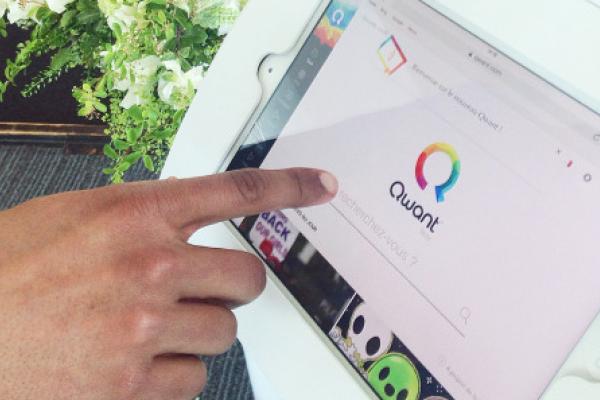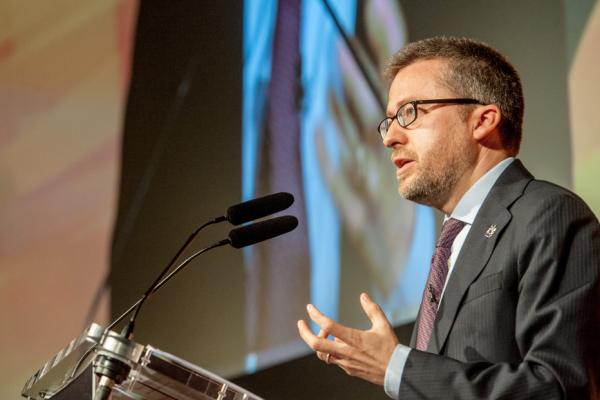Carbon nanomaterials could carry out cancer diagnosis and therapy at the same time – and the results could be particularly effective for aggressive forms of cancer, say researchers who are developing…
Highly sophisticated computers are mining vast amounts of data from the web, digital maps and satellite imagery to pick out trends in areas like demographics, transport and the environment.
The energy sector could see a revolution along the same lines as the digital sector, but we first need to scale up breakthrough technologies and train more experts in areas such as smart grids,…
One hundred years ago, Marie Skłodowska-Curie was using her scientific knowhow to organise fleets of radiology cars to carry portable X-ray equipment to wounded soldiers on the front line during…
The United Nation’s declaration on the future of the world’s cities, known as the Quito Declaration, will mean that citizens’ needs are placed at the heart of the urban development process, according…
People no longer take science advice on trust, and science advisers need to provide evidence for their recommendations, according to Carlos Moedas, European Commissioner for Science, Research and…
In today’s digital age, it can feel as though we are drowning in a deluge of data, and the scientific field is no different. According to a 2014 study, one paper is published every 30 seconds, and…
You’ve heard of Google, but you probably haven’t heard of Qwant…. yet. This French search engine, based around the concept of privacy, is just one of a number of companies to receive growth finance…
Eye-tracking systems will be available in cars from next year thanks to an EU initiative to back loans to Europe’s high-tech small- and medium-sized enterprises (SMEs).
Enhancing trust in science through public engagement and open, transparent research is vital if we are to avoid descending into a 'post-factual society', according to Carlos Moedas, the European…





